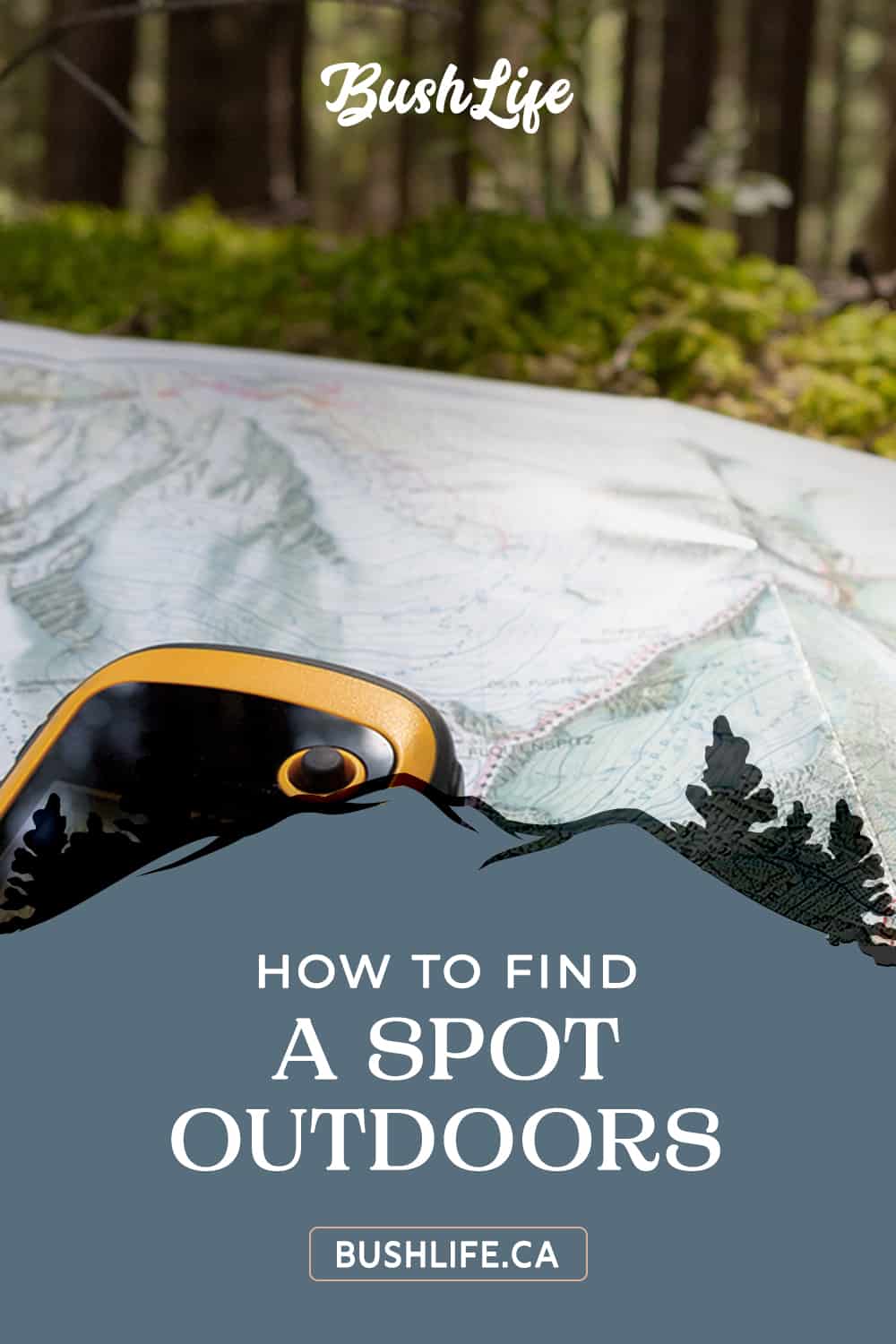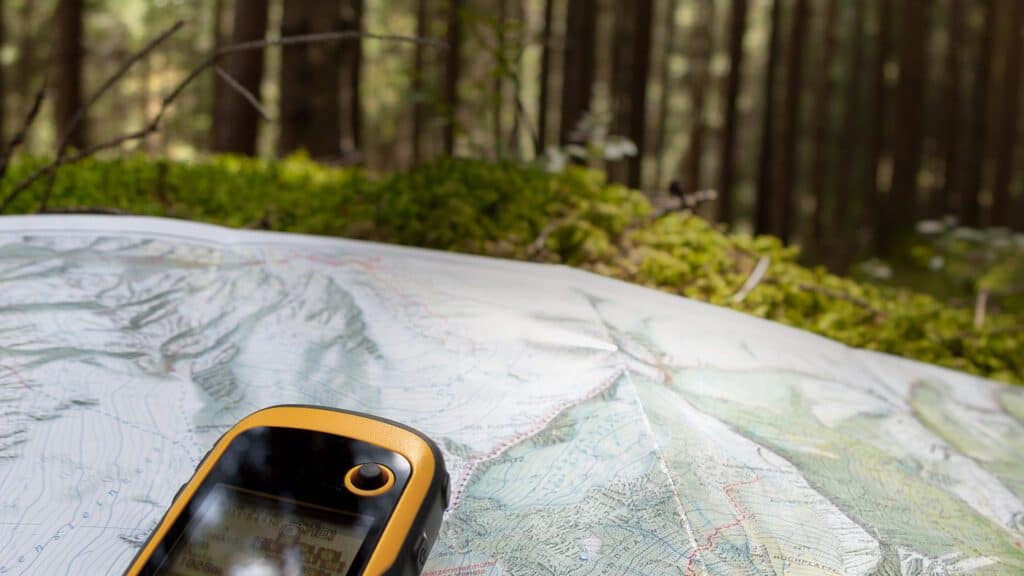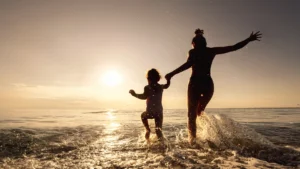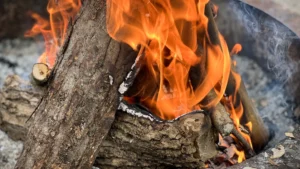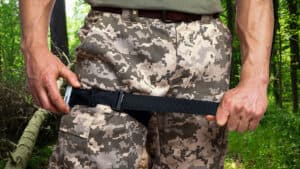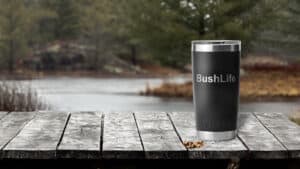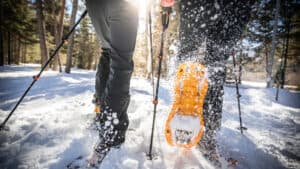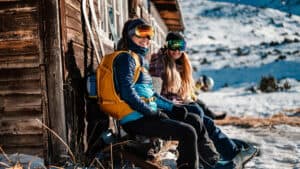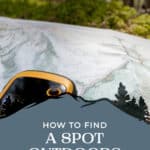And Where to Stay
Most blog posts I write are simple: here’s the unvarnished information and we’re on to the next topic. Today’s topic is a bit challenging so I will relay little parts of my journey alongside a beginner’s guide on how to find a spot outdoors.
If you have read my introductory post, you’ll know I grew up spending summers by a lake up north. Fishing, driving a boat, etc. are things I’ve always known and can’t remember learning as it was just a part of growing up. This only happened because I had a place to stay right in nature. If you want to get outdoors, the first thing you need to figure out is where to go. Other than day tripping, you also need to figure out where to stay.
Discloure: Posts may contain affiliate links. Purchases made through our links result in a small commission to us at no charge to you. We only recommend products that meet our brand standards based on testing and first hand use by our authors.
Choose by Activity
If you fish, you need access to water abundant in the species you want to catch. To ATV, you need a place close to ATV trails. And if you hunt, you need the woods which means crown land or permission from private land owners. Pretty basic stuff. A google search of the rural area you want to visit will yield all the information you need about what’s around. In the event you can’t find the activity, you may have to target a different area that has what you are looking for.
Further Reading: Fishing Basics: Our Introductory Guide for the New Fisherman
Where to Stay
For someone totally new to the outdoors, I suggest a weekend stay at a hotel or bed and breakfast in a nearby town. Keep it simple. You’ll have a comfortable place to sleep, several options to eat and quick access to whatever it is you want to do outdoors. All followed by a break and return to partial civilization when you come back for the night. It is a nice way to ease into some activities and take in the area at a more comfortable pace.
While many cities are on water making fishing access easy, activities like ATVing simply don’t exist in or near the city. As a result, I suggest taking that 2 hour drive away on a Friday after work. You want to wake up Saturday morning fresh and either close to or in the country ready to go. You don’t want to drive a couple hours in a car on a Saturday morning only to sit another 3 or 4 hours on an ATV. Again very basic stuff but something to consider, especially if you bring family or friends along. Everyone is at a different level when it comes to the outdoors and will only endure so much.
My Stays in Small Town Hotels Were Great
At some point my family aged and sold their slice of heaven. As my career progressed, I found a few bucks in the bank, a little bit of free time but nowhere to go. We found it very comfortable staying at a hotel in a small town for the weekend. You’ll find all the small town charm and amenities you need to be comfortable, even with a family. We would venture out and enjoy our outdoor activities in the daytime and have a great, dry, warm place to rest at night. At around $100-$125 a night, it was clean, well maintained but still affordable.
Longer Stays
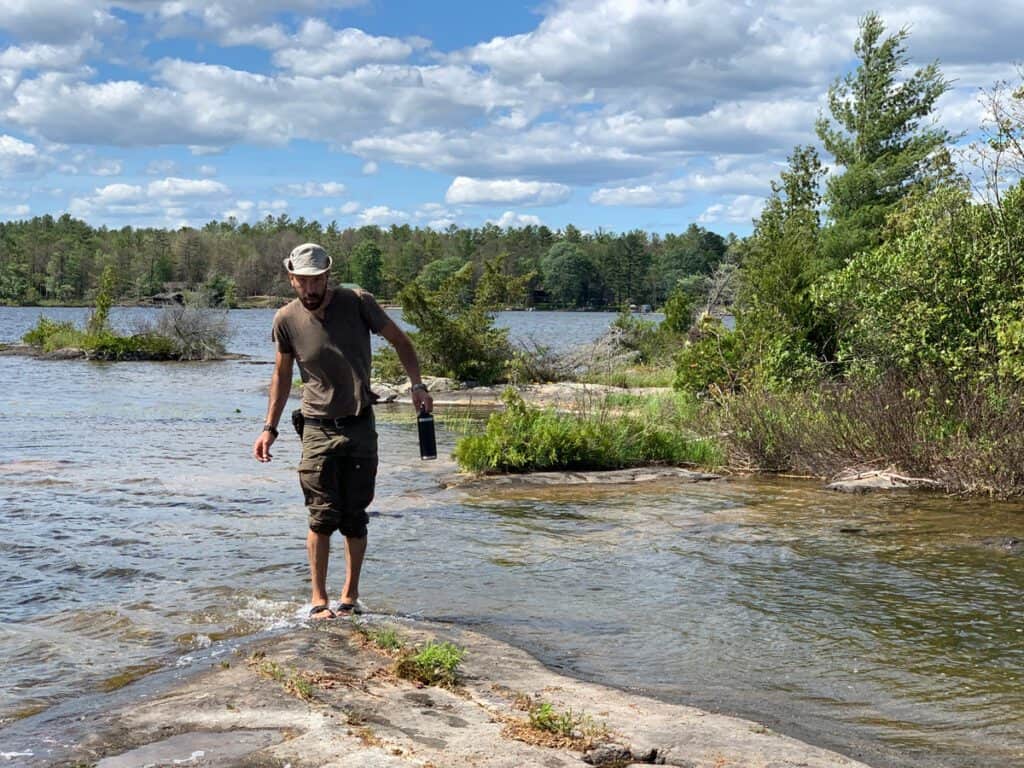
For a lengthier visit, quite often a hotel will work out a deal for you. I’ve done everything from a week in a hotel to a month in an unadvertised second floor apartment the hotel owned right next door. Sometimes you just have to ask about some options and you’ll be surprised how accommodating even a basic hotel can be. This can quite often be convenient in high season when you can’t find better accommodations or when you need a place in a pinch.
Once you find the perfect spot with the right activities, the next step up would be going to a resort. Basically, a hotel with a lot more service and a lot better location. Your budget needs to go up a little. Just bear in mind no different than a hotel, resorts can be great and not so great.
If it’s possible, I would try a resort for a shorter visit like a weekend before committing your hard earned cash on a longer stay. More importantly, you don’t want to waste a good vacation at a bad resort. The nice thing with the resort option by example, a lakeside resort may have free canoe rentals or paid boat rentals at the ready. This can save you time and aggravation trying to source some activities for your stay. Check all the amenities on their website to see if its a good fit before booking and obviously check the reviews.
Cottage Rental
Ideally for a longer stay (1 week or more), I highly recommend to immerse yourself into the wilderness more. That means renting a cottage on a lake or a cabin in the woods. This requires an even bigger budget and more importantly some pre-planning as many places book early. I would book in February or March for a stay in July or August when it comes to cottage rentals. This was pre-covid so keep that in mind, things are even harder now.
There is nothing like waking up lakeside in a private cottage and having your boat launched and ready at the dock. It’s a great way to set yourself up for whatever outdoor activities you want in addition to some real relaxation. A great place to start here is Airbnb or googling to see what VRBO (Vacation Rental by Owner) services are available in the region your are looking to visit.
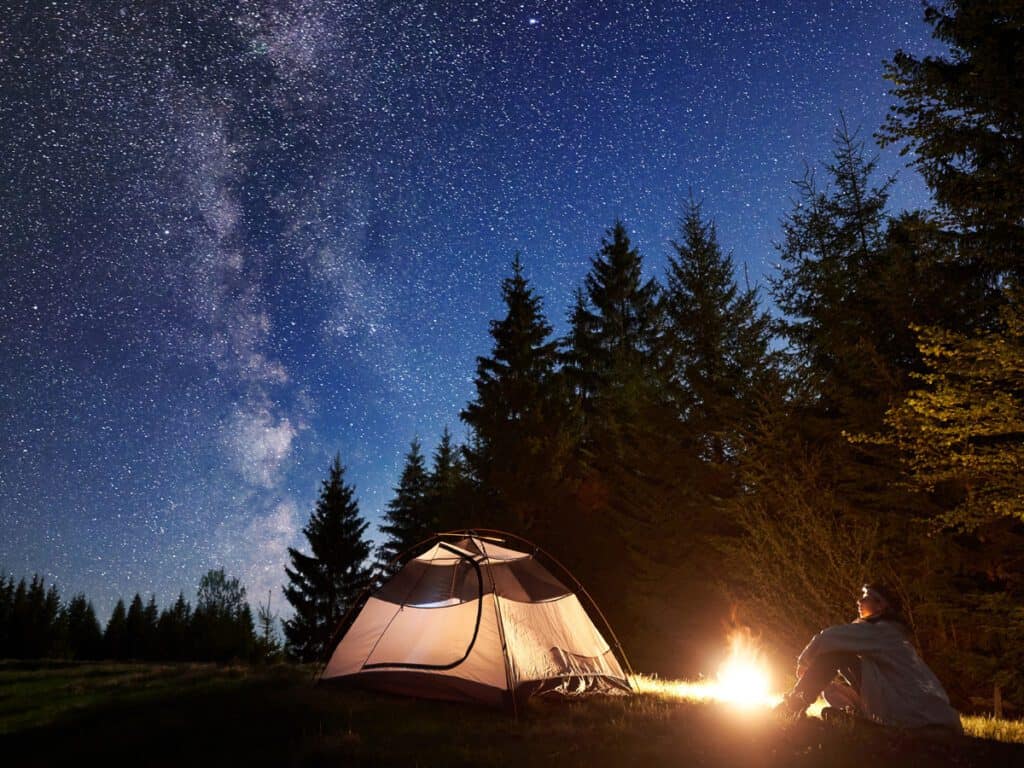
Level up with Camping
In your quest on how to find a spot outdoors, camping is definitely the next step up. Travel trailers or motor homes are a great step towards camping. You can take these to any of the infinite number of drive to campsites or RV parks. Now you have the best of both worlds, a cozy home right in the wilderness. It’s a great option for those that aren’t quite ready to “rough it” and sleep in a tent.
When I say camping, that can mean many things to many people. The next level from an RV is a multi room, big fancy tent with all the amenities and gear you could ever imagine. Quite comfortable even for families or groups. At this point you are still looking for a drive to site or its moreover a version of overlanding.
Tent Camping
Tent camping similarly can mean a hike or canoe a little deeper into the woods with a lightweight tent and basic gear in your pack. Much fewer amentities this way but the doors open to a much bigger adventure.
Minimalists will go in the woods with very little in their pack and sleep right on the ground in a bivy sack. Or in the air with a simple hammock. Not for the faint of heart but something to work towards if that sounds like you.
Each option has their ups and downs, its about what is right for you at that particular time. As your skills go up, the amount of gear and amentities you need goes down.
Further Reading: Tent Camping: The Ultimate Home Away From Home
Camping Location Finder and Reservation Tools
In an Ontario context, several provincial parks have camping options. Ontario Parks even has a handy park locator tool to make it super easy to find and book your stay.
Parks Canada also has a very comprehensive finder and reservation service.
KOA has over 500 member campgrounds across Canada and the US and is another great resource in finding a spot.
Backroad Mapbooks
These are a great resource with maps and information by adventure such as fishing, hunting, paddling, etc. Most people will start with Cottage Country Ontario and then work their way up to some bigger adventures farther north.
Backroad Mapbooks divide the north into Northwestern Ontario and Northeastern Ontario. While these are a paid resource as you need to buy the book, they are well worth the money for some ideas on where to start.
How to Find a Spot Outdoors
Many of the ideas or resources here are Ontario based. There are equivalent resources out there for other provinces or states. In your quest on how to find a spot outdoors, just do a little homework. You’ll be well rewarded when you get there.
Enjoyed this post? Subscribe to our newsletter for more tips and updates!
Bookmark this post on Pinterest for future reference!
